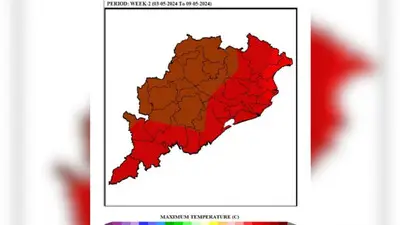Recommended Stories
A three-judge bench of justices Markandeya Katju, Gyan Sudha Misra and S S Nijjar said ordinary laws of the country were sufficient to take care of suspected criminals and measures like preventive detention were unacceptable as it involved putting citizens into prison without a proper trial.
"Prevention detention is, by nature, repugnant to democratic ideas and an anathema to the rule of law. No such law exists in the USA and in England (except during war time).
"Since, however, Article 22(3)(b) of the Constitution of India permits preventive detention, we cannot hold it illegal but we must confine the power of preventive detention within very narrow limits, otherwise we will be taking away the great right to liberty guaranteed by Article 21 of the Constitution of India which was won after long, arduous, historic struggles," Justice Katju writing the judgement said.
The bench made the remarks while upholding an appeal filed by Rekha, wife of Ramakrishnan, an accused allegedly involved in sale of expired drugs, challenging the preventive detention of her husband under the Special Goonda and Bootleggers Act by the Tamil Nadu government.
The apex court said if the ordinary law of the land (Indian Penal Code and other penal statutes) can deal with a situation, recourse to a preventive detention law will be illegal.
"To prevent misuse of this potentially dangerous power, the law of preventive detention has to be strictly construed and meticulous compliance with the procedural safeguards, however technical, is, in our opinion, mandatory and vital.
"Personal liberty protected under Article 21 is so sacrosanct and so high in the scale of constitutional values that it is the obligation of the detaining authority to show that the impugned detention meticulously accords with the procedure established by law," the bench said.
Ramakrishnan was detained by an order passed on April 8, 2010, by the City Police Commissioner under the Tamil Nadu Prevention of Dangerous Activities of Bootleggers, Drug-offenders, Forest Offenders, Goondas, Immoral Traffic Offenders, Sand Offenders, and Slum Grabbers and Video Pirates Act, 1982, on allegations that he was selling expired drugs after tampering with the labels and printing fresh labels showing them as non-expired drugs.
The detention order was passed against Ramakrishnan for one-year period even as he was in judicial custody in connection with similar cases.












